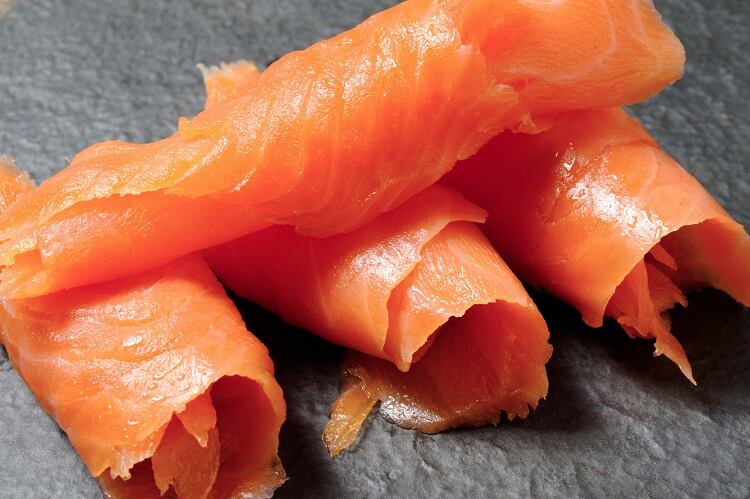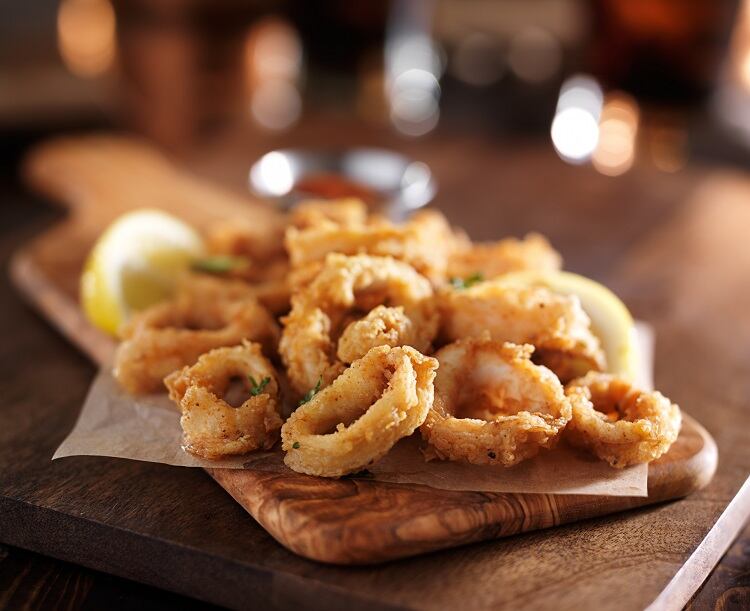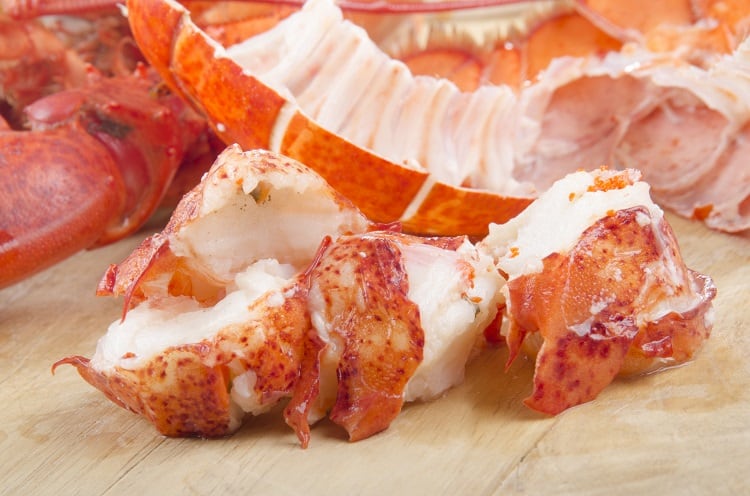Plastic pollution, heavy metal contamination, and overfishing are amongst the drivers behind a project working to replace conventional seafood with plant-based alternatives.
The ‘Seafood Alg-ternative’ project has a total budget of around €2.8m, close to €2m of which has been sourced from the EU European Maritime and Fisheries Fund.
Algae: the perfect ingredient?
Low in fat and rich in dietary fibres, micronutrients and bioactive compounds, algae boast an impressive nutrient profile. As a food source, algae are often presented as healthy and low-calorie, with some species known for their particularly high protein content.
From a sustainability perspective, algae are also an attractive proposition. When cultivated at sea, algae can improve ocean healthy by reducing carbon dioxide, phosphorus, and nitrogen in marine ecosystems. These cultivation methods are also completely independent of land- and freshwater use.
In order to ensure a positive impact on planetary and human health, the research and development team behind French start-ups Algama SAS and joint venture Seafood Reboot are working to develop an innovative seafood line of products based from non-animal compounds – predominantly algae.
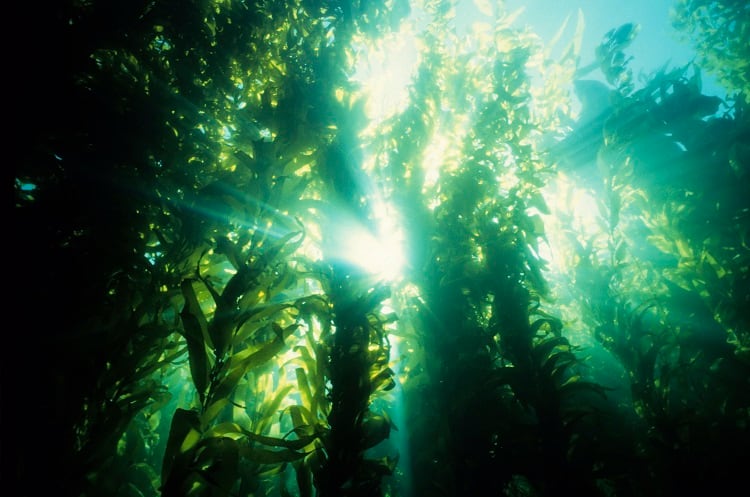
According to Seafood Reboot co-founders François Blum and Simon Ferniot, consumer awareness around the negative impacts of industrial fishing practices is on the rise.
“In the light of the climate change emergency and the rapid deterioration of all forms of marine life, the public becomes more and more aware and thus conscious of all the need for a change in our diet habits.”
Overcoming the ‘last hurdles’ to market
Kicking off in 2021, the Seafood Alg-ternative project is leveraging Algama’s processing and food engineering skills to develop four algae-based seafood alternatives: smoked salmon, canned tuna, caviar and tarama spread.
“Our products have now reached expectancies regarding the organoleptic and nutritional qualities,” noted the project coordinators.
The next step for Seafood Alg-ternative is ‘overcome the last hurdles’ to market entry, notably preparing compliance with regulators, increasing production to industrial scale, and ensuring the offerings meet consumer demands.
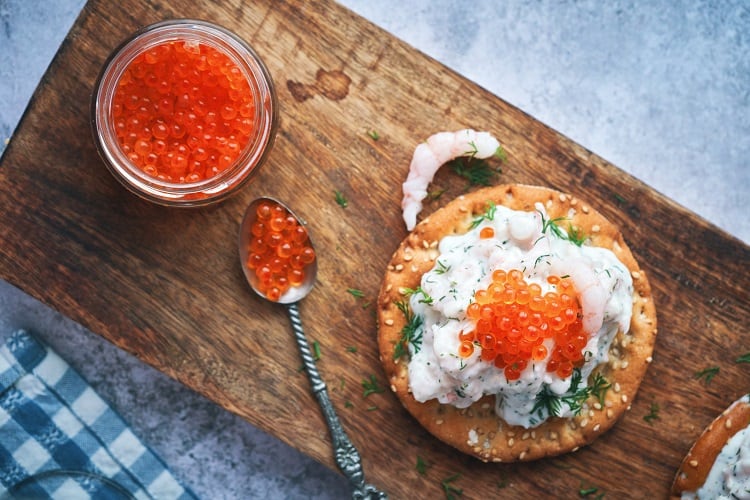
“We feel a strong acceleration in market demand for this type of innovation,” said Algama CEO Alvyn Severien. “We can be proud of the work done, especially since the so-called alternative sector is becoming more structured.”
The project will help Algama on its way to becoming the ‘first’ key player of microalgae-based food products in Europe, according to the French start-up. “With this project, Algama will…continue on its way to becoming the first key player of microalgae-based…food products in the agri-food market in Europe.”


